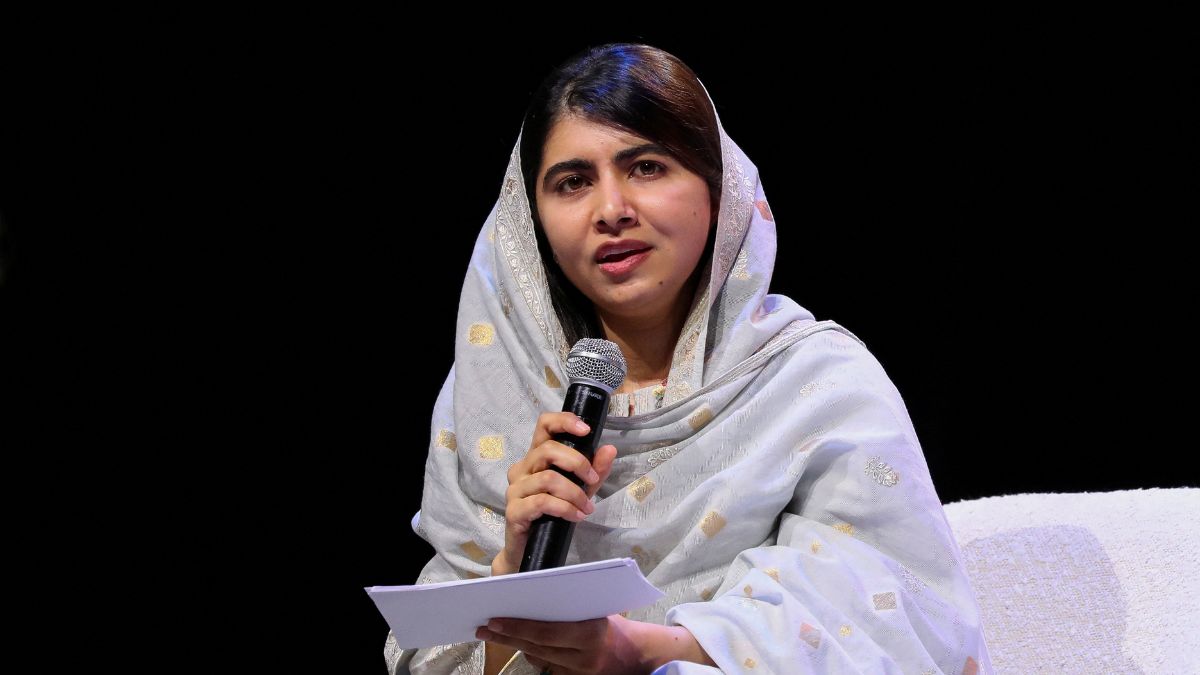Nobel Peace Prize laureate Malala Yousafzai on Sunday (January 12) called on Muslim leaders to refuse recognition of Afghanistan’s Taliban government and demonstrate “true leadership” in condemning its treatment of women.
“Do not legitimise them,” Yousafzai said during a summit on girls’ education in Islamic nations held in Pakistan’s capital, Islamabad. “As Muslim leaders, now is the time to raise your voices, use your power. You can show true leadership. You can show true Islam.”
The 27-year-old activist addressed ministers and education officials from Muslim-majority countries attending the two-day conference, organised with support from the Muslim World League (MWL).
“Simply put, the Taliban do not see women as human beings,” Yousafzai told attendees. “They cloak their crimes in cultural and religious justification.”
Yousafzai, who survived an assassination attempt by the Pakistani Taliban in 2012 at age 15 for advocating for girls’ education, received the Nobel Peace Prize in 2014. She remains a prominent global advocate for women’s rights and education.
Taliban’s moves against women’s education
Since regaining power in 2021, the Taliban government has enforced a strict interpretation of Islamic law, banning girls from attending secondary school and university—making Afghanistan the only country in the world with such prohibitions. The United Nations has condemned the measures, describing them as “gender apartheid.”
Despite being invited to the event, representatives of the Taliban government did not attend, Pakistan’s Education Minister Khalid Maqbool Siddiqui said.
Yousafzai also drew attention to the impact of conflicts in Yemen, Sudan, and Gaza on education. “In Gaza, Israel has decimated the entire education system,” she said. “I will continue to call out Israel’s violations of international law and human rights.”
Impact Shorts
More ShortsInternational community divided over Taliban
While the Taliban’s policies toward women have drawn widespread condemnation, nations are divided on how to engage with its rulers. Some argue that isolating the Taliban diplomatically may pressure them to reverse their policies, while others advocate for dialogue to encourage change.
No government has officially recognised the Taliban, though some regional countries have engaged with them on trade and security. International criticism, however, has had little apparent effect on their policies toward women.
With inputs from agencies


)

)
)
)
)
)
)
)
)



